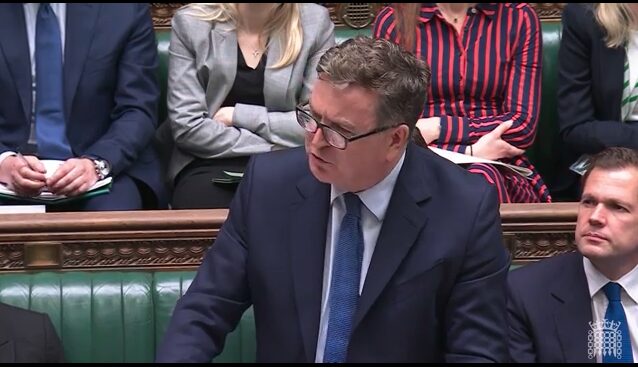The Chancellor’s Spring Statement 2025 has introduced significant changes to the Universal Credit system, reflecting a commitment to reshaping the support network for those in need.
This includes an increase in the standard allowance, which experts suggest could impact how recipients plan their financial futures under the welfare system.
As these adjustments redefine the framework of social support, it is important for individuals receiving Universal Credit to consider how these changes might influence their economic strategies in the coming years.
Chancellor Rachel Reeves said: “If you can work, you should, and if you can’t you should be supported.”
Reeves announced that the Universal Credit standard allowance will increase from £92 per week in the financial year 2025/26 to £106 per week by 2029/30.
Meanwhile, the Universal Credit health element will be “cut by 50% and then frozen for new claimants.”
With this focus on balancing work incentives and support, recipients must now evaluate their circumstances to effectively navigate this new landscape of Universal Credit.
















